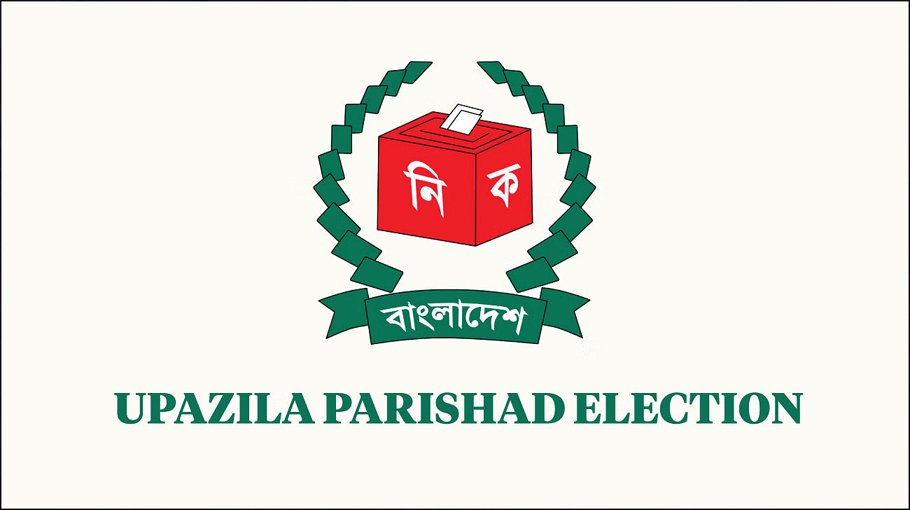AL to demonstrate organisational strength in UZ polls

Reflecting on the crucial significance of the upcoming Upazila Parishads elections in shaping local government and national development is essential as the political landscape in Bangladesh readies for the polls. The Upazila Parishad which is the second tier of the local government structureacts as an essential intermediary for the efficient execution of policies from the central government. Amid the excitement about the upcoming elections, it is clear that the ruling party of Bangladesh, the Awami League (AL), has to demonstrate strong organizational strength to overcome the upcoming elections.
The AL has a strong historical heritage and a well-established organizational infrastructure nationwide due to its prolonged stay in power. The political environment is intricate, and the party is facing internal splits that might weaken its unity and efficiency. The rise of splits inside the party, worsened by allowing rebel candidates in the latest parliamentary elections, highlights the urgent necessity for the party to strengthen its organizational unity.
The internal conflicts have consequences that transcend beyond party politics and directly impact the effectiveness of local governance. 62 independent candidates who won in the recent parliamentary elections are mostly supportive of the ruling party. This situation highlights the need for the party to address internal disagreements to present a cohesive and united front in the upcoming Upazila Parishad elections.
The Bangladesh Nationalist Party (BNP) is expected to allow its local leaders to participate in local government elections, highlighting the competitive environment in which the AL functions. The BNP is expected to nominate its local candidates for the Upazila Parishad election due to a lack of alternatives for involving their party members in the political process. Their dreams of maintaining power by depending on foreign friends have been thwarted. To prevent the party from becoming extinct, the leadership may consider permitting candidates to participate in the Upazila Parishad election. Thus, historical supremacy alone is inadequate in dealing with such political dynamism. The ruling party should take aggressive steps to strengthen its structure and reassert its dedication to efficient government.
The ruling party must show its organizational skills as a key aspect of this effort. In addition to winning elections, the party should focus on developing a unified and diverse party structure that goes beyond factional interests. This requires a focused attempt to promote communication and harmony among different groups, aiming to direct their combined efforts towards a shared goal and the progress of the nation's interests.
The ruling party should utilize its broad grassroots network to gather support and increase voter turnout in the next elections. This involves a thorough outreach plan that involves folks from various socio-economic backgrounds and geographical areas. The party may enhance its election prospects and demonstrate its dedication to participatory democracy by building strong relationships with local communities.
To succeed in the Upazila Parishad elections, the ruling party needs to focus on closing the divides between leaders and followers at the grassroots level. This involves using tactics that support inclusiveness, openness, and proactive involvement with local communities. The ruling party may promote a sense of ownership and increase stakeholder involvement in the election process by strengthening connections between party officials and regular citizens. The nomination of respectable and devoted candidates is crucial. The ruling party must choose persons with a proven record of honesty, dedication to public service, and a thorough grasp of local matters. The party may boost voter trust and showcase its commitment to fostering responsible and efficient government at the local level by selecting these candidates.
The party must safeguard the integrity and fairness of the electoral process as protectors of democratic norms. The party's election strategy should be based on transparency, accountability, and commitment to ethical principles. Engaging in actions that undermine the democratic process or using coercive techniques diminishes the ruling party's legitimacy and weakens public faith in democratic institutions.
The party must focus on policy clarity and continuity in its governance program. Upazila Parishads play a vital role in carrying out government programs at the local level. The ruling party may promote sustainable growth and prosperity by providing elected representatives with resources and liberty to implement a clear strategy for local development.
The next Upazila Parishad elections will serve as a test to evaluate the ruling party’s organizational strength and dedication to democratic principles. The party must transcend partisan objectives and adopt a culture of unity and collaboration notwithstanding internal conflicts and foreign threats. The party may solidify its role as a strong supporter of Bangladeshi democracy and facilitate comprehensive and enduring development throughout the nation by taking this action.
Ultimately, the Awami League faces significant challenges and several obstacles, however, it has thepotential to showcase its strength and reassert its dedication to democratic ideals and effective government. As the country begins this electoral process, let us work together towards a future characterized by unity, advancement, and prosperity for everyone.
The writer is a Professor in the Department of Public Administration at the
University of Rajshahi



